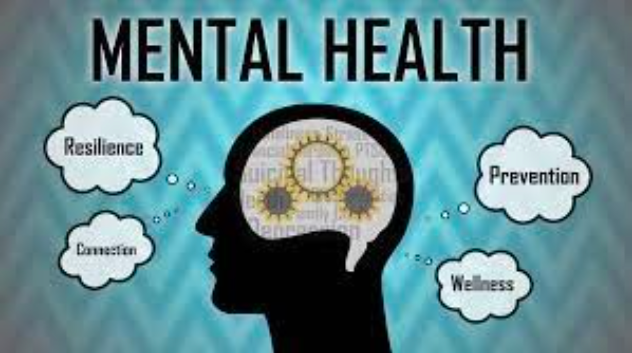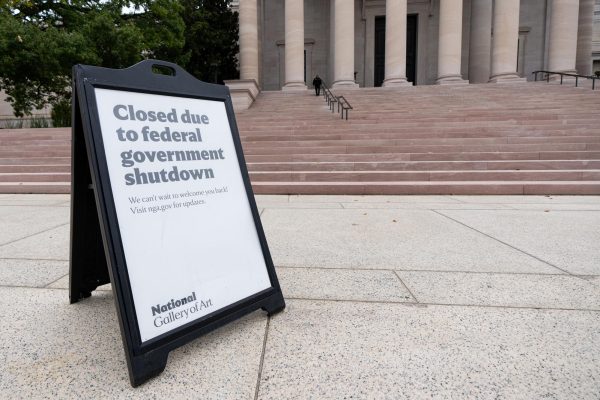Anxiety, Explained
Mental health matters, and studies show that teens are suffering from anxiety today more than ever. Together, we can support each other.
October 20, 2021
Anxiety is a mental health condition that is often overlooked, and many people are unaware of the effects it can have on an individual. As the global community faces new challenges and changes, such as wearing a mask as an everyday routine, experiencing anxiety is more common than ever.
There are many different types of anxiety, but they all have the same effect on the central nervous system. Anxiety and panic attacks can increase the frequency of symptoms such as headaches, dizziness, and depression. However, nobody really knows what anxiety feels like except for people with anxiety. The effects of anxiety can affect your perception of things. Anyone may experience anxiety from time to time, but when it affects quality of life it becomes a disorder.
People with anxiety deserve to have their experiences validated and be able to obtain help. ItŌĆÖs unknown if anxiety can be cured completely, but treatments like therapy and, in some cases, medication can help stabilize your body and mind. There are many different types of anxieties, including GAD, OCD,PTSD, and Social Anxiety Disorder.
According to┬Ā a recent article in The Washington Post, 30% of Americans suffer from anxiety symptoms, especially . This can indicate that there’s a chance someone you know suffers from it, and you may not even know it. Social anxiety is the most common anxiety within teens, especially seen within schools. The recent transfer from online school has been one of the hardest things for students to deal with, and we need help. Many students were puzzled to come back after long periods of isolation from larger social interactions, and now fear much of what will encounter throughout their social lives.┬Ā
People with anxiety need to know that they are not alone, and putting pressure on them is the worst thing you can do because many have yet to learn how to cope with it. Anxiety can eventually build and build into a crisis or a panic attack. To experience of this on a daily basis may feel like the darkest side of life, but donŌĆÖt worry because there is always light at the end of the tunnel.┬ĀSome ways one can cope with anxiety symptoms are deep breathing, exercise, identifying your triggers and managing them, and seeing a therapist. In some cases, doctors may recommend medication.
While someone may look fine on the outside, they may not be okay on the inside. It is important to identify feelings of anxiety and seek help, before it gets worse and affects one’s daily life. People with depression often do have anxiety, but anxiety can come from anything, such as a traumatic experience or fear. The amount of Google searches for anxiety is the most it has ever been, exacerbated by the pandemic. We should come together as a community to make mental health a priority and help each other out.┬Ā┬Ā


















